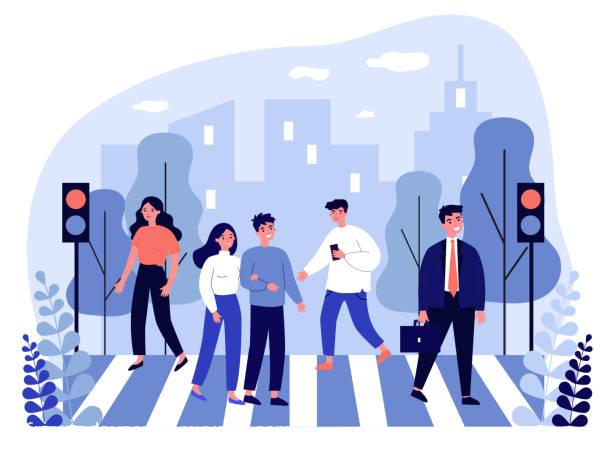Disability is any condition that makes it more difficult for a person to do certain activities or effectively interact with the world around them (socially or materially). These conditions, or impairments, may be cognitive, developmental, intellectual, mental, physical, sensory, or a combination of multiple factors. Impairments causing disability may be present from birth or can be acquired. The meaning of DISABILITY is a physical, mental, cognitive, or developmental condition that impairs, interferes with, or limits a person’s ability to engage in certain tasks or actions
The meaning of DISABILITY is a physical, mental, cognitive, or developmental condition that impairs, interferes with, or limits a person’s ability to engage in certain tasks or actions.
DISADVANAGES OF BEING DIS-ABLED
Discrimination
Individuals with disabilities all too often feel the sting of discrimination. As the ILO explains, nondisabled co-workers or even superiors might discriminate against disabled workers as a response to their fear of the unknown. This presents a disadvantage for the disabled worker himself, as he must work in a space sullied by discrimination. It also presents a challenge for the rest of the workforce, who might have to act as an intermediary between the disabled worker and those discriminating against him or, at the least, have workplace harmony disrupted by discrimination.
Read Also: Media Management And Practice
Accessibility
Particularly for individuals with physical disabilities, accessibility can be a major challenge. While legislation has made most buildings accessible to individuals with physical handicaps, disabilities may still limit the job duties these workers can perform. This creates a disadvantage for these workers, because they may not be as desirable to employers. Accessibility can also present challenges for employers, who may have to modify workspaces at their own cost to accommodate mobility impairments.
Accommodations
Depending upon the nature of the disability, many disabled workers can perform nearly or at the same level as nondisabled peers if given appropriate accommodations. This could include hearing amplification devices for a profoundly hard-of-hearing employee or Braille materials for a visually impaired worker. Business owners often pause to judge the reasonableness of accommodations disabled workers need prior to making hiring decisions, according to the University College of London. This can result in them passing over an otherwise qualified employee for a position as a result of the individual’s need for accommodation.
Education/Educational materials
Disabilities might hinder individuals who have the mental capability to acquire a higher education in their attempts to do so, reports the Academic Network of European Disability Experts. The same disadvantages that limit the ability of an individual with a disability to get and keep employment can hurt his ability to acquire education.
Listen to the podcast on this topic here
You can reach me on: talktochristychris@gmail.com
© Christy Chris

